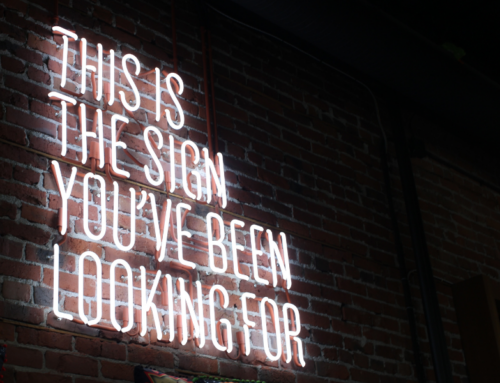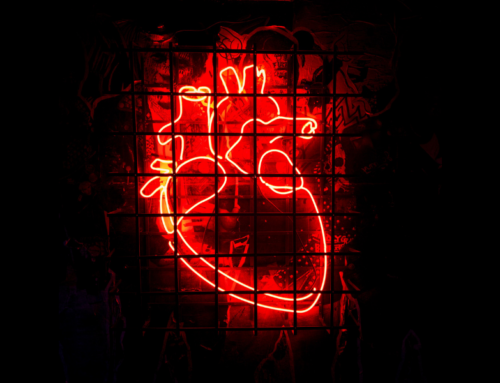If talk of self-compassion tends to ‘gie ye the boak’, here are some points to consider…
self-compassion is not arrogance
Having self-compassion doesn’t mean you think you’re perfect. You can give yourself credit for your efforts without becoming arrogant. I once got an A for effort and an F for achievement in swimming on a school PE report – a vividly accurate assessment at the time. The A on its own would have been misleading, the F on its own would not have been fair. This is not to suggest you should start marking yourself as if trapped in a never-ending reporting system, but if you tend to anyway, maybe at least try marking for effort as well, for balance.
Self-compassion helps you come to a fair, balanced view of yourself, in context. If anything, it can make you more honest with yourself – just less judgemental.
self-compassion is not an abdication of responsibility
Self-compassion helps you get your mind focused on the here and now where you can actually do things that make a difference – ie. take responsibility.
Self-reproach is an argument with the past. It’s telling off a younger version of yourself for something they evidently didn’t know or couldn’t help. With self-compassion, you can see what happened, and then get to the important question: what are you going to do now? Your responsibility – your ability to respond – is only ever in the present, not the past.
It doesn’t take away guilt. But, when you know you did wrong, self-compassion makes responsibility bearable – and it needs to be bearable, or else what can you do?
self-compassion is not a trendy new thing
your inner cynic won’t like it – and you can do it anyway
If you’ve become used to self-criticism, you may feel sick to the stomach when you first try compassion. You might need to take a book like The Gifts of Imperfection or Radical Compassion like medicine, whether you like it or not. The great truths often sound banal and cringe-worthy when written down – too sincere, too simple. Icky. But don’t forget also to be skeptical about your cynicism.
When something has gone out of balance, you have to lean in the opposite direction to correct it. And that can feel very uncomfortable. Have compassion for yourself while you search for the balance point.
self-compassion isn’t just for you
you don’t need an inner drill sergeant for motivation
it is not magic
Life’s responsibilities and challenges remain. You are still you, and sh*t still happens. Self-compassion doesn’t spare you difficult feelings or experiences. It just spares you an unhelpful running commentary from the inner critic.
Having said that…
…it kind of is magic
“Holding our pain and suffering with the energy of mindfulness and compassion, it begins to transform.” (Thich Nhat Hanh, from How to Fight)
If you can find compassion for yourself, especially looking back with compassion on your younger self, it can have a transformative effect. If you can’t find it for yourself, this is a good reason to turn to a counsellor who can help you learn it. People can drop burdens they have carried for years, find previously unimagined peace, renewed energy, a new lease of life – simply by remembering self-compassion.
Good, eh?
There’s a wee bit more to it than just stopping saying awful things about yourself, so you’ll not be surprised to hear that I recommend you read some books about it. Remember, the inner cynic and the inner drill sergeant will hate every minute of it, but carry on regardless – you’ve tried things their way already and if that’s not working for you now, you’ve nothing to lose. As KC Davis says in How to Keep House While Drowning, “No-one ever shamed their way to better mental health”.
I’ve put a list of book suggestions on Bookshop – click below on the title to see the full list, or on a cover image to go straight to that book…
All book links take you to our pages on Bookshop – the platform for independent bookshops.
If you buy a book from these links, we get 30% of the sale, which we put towards providing low-cost counselling and other wellbeing services. So your book contributes to your wellbeing (we hope) and to others’ too.
Please email info@thenextchapter.org if you have any questions about the books or would like to get some personalised recommendations.







